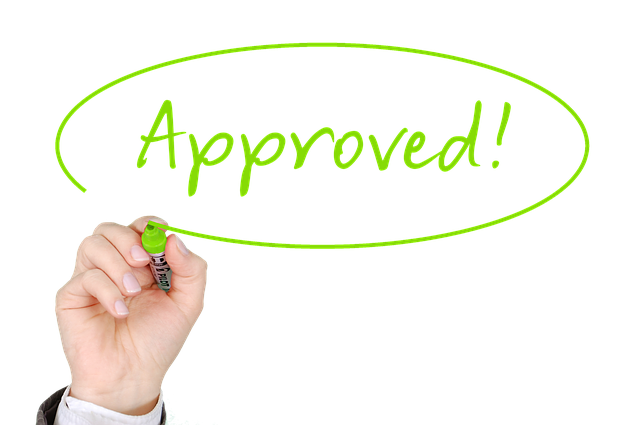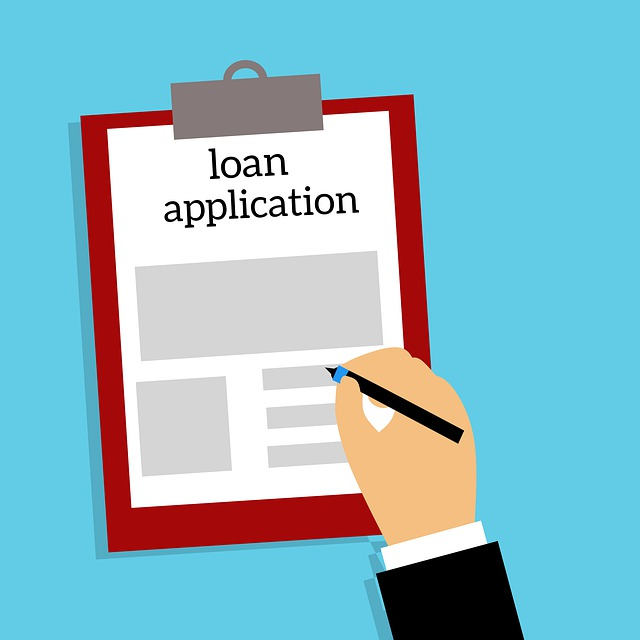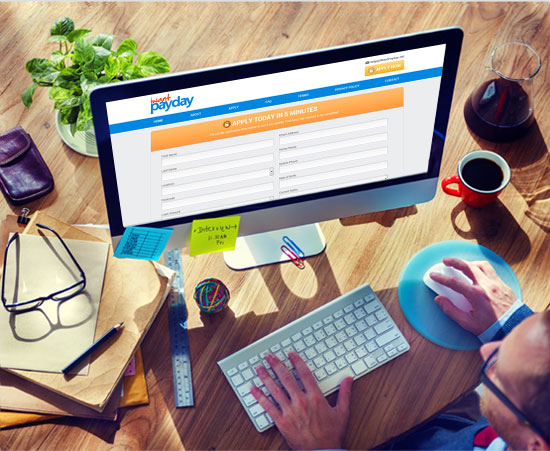Managing multiple loans can be challenging, and it can be overwhelming to make multiple debt repayments and keep track of different payment schedules and interest comparison rate. Debt consolidation loans are a popular option for Australians who want to simplify their debts and reduce their repayment amounts. In this article, we will discuss everything you need to know about debt consolidation loans in Australia, including the benefits, drawbacks, and the application process.

What is Debt Consolidation?
It is the process of combining multiple debts into one single loan repayment amount. Instead of paying off several debts with different rates and payment schedules, you take out a new loan to pay off all your other debts, like payday loans or unsecured loans. The goal is to reduce your weekly regular payments and simplify your finances.
The Benefits of Debt Consolidation
Getting a consolidation of existing loans has several benefits that can help individuals manage their debts and improve their financial situation. Here are some of the key benefits:
Simplifies Your Finances
Managing multiple debts can be overwhelming, especially when each has a different payment schedule and a high interest- rate. It can simplify your finances by combining all your debts into a single loan. You only have to make one monthly repayment, which can make it easier to manage your finances and avoid missing payments.
Reduces Your Monthly Repayments
One of the biggest advantages consolidate debt is that it can reduce your repayments. Debt consolidation loans usually have lower rates than credit cards and other personal loans, which means you could save money on interest charges. By reducing your weekly repayments, you may have more money left over each month to spend on other expenses or save for the future.
Improves Your Credit Rating
Late payments and high levels of debt can negatively impact your score. By consolidating your debts into one loan, you can make timely payments and reduce your limits, which can improve over time. A better credit rating can make it easier to access credit in the future and top credit scores can also result in lower APR.
Provides Debt Relief
If you are struggling with debt, we can provide relief and reduce your financial stress. You no longer have to deal with multiple creditors, monthly payments and payment schedules, which can alleviate the anxiety and worry that come with financial problems. With a debt consolidation loan, you can focus on repaying one loan and getting back on track financially.
Offers Fixed Repayment Terms
Debt consolidation loans often come with a fixed interest rate and repayment terms, which means you know exactly how much you need to pay each month and for how long. This can make it easier to budget for your monthly expenses and plan for the future.
Overall, if you combine multiple debts, this can provide several benefits for individuals who are struggling. It can simplify their finances, reduce their monthly payments, improve their credit rating , provide relief, and offer fixed rates and repayment terms. However, it is important to consider the drawbacks, such as the potential to cost more in the long run, and to choose a reputable lender with competitive options and repayment terms.

The Drawbacks of Debt Consolidation
While debt consolidation can be a helpful tool for managing debt, there are some drawbacks to consider before choosing this option. Here are some of the potential drawbacks of debt consolidation:
May Cost More in the Long Run
Although such loans can reduce your monthly payment and simplify your finances, it may end up costing you more in the long run. This is because debt consolidation loans often have longer repayment terms, which means you will pay more interest over time. It is important to calculate the total cost of the loan, and monthly fees, including interest charges, to determine whether consolidating debt is the best option for you.
May Require Collateral
Some debt consolidation loans may require collateral, such as your home or car. This means that if you are unable to repay the loan, you may risk losing your collateral. It is important to carefully consider the risks before using collateral to secure a loan.

May Not Solve Underlying Financial Issues
While these finance products can provide immediate debt relief, it does not address the underlying financial issues that led to your debt problems. If you do not change your spending habits and budgeting practices, you may end up with more debt in the future. It is important to address the root causes of your debt and develop a plan to prevent it from happening again.
May Not Be Available to Everyone
Debt consolidation loans are not available to everyone, especially if you have a bad credit rating or a history of missed payments. If you are unable to qualify, you may need to explore other finance management options, such as a settlement or bankruptcy.
May Result in a Higher Monthly Repayment
While debt consolidation loans can reduce your monthly repayment in some cases, they may result in a higher monthly repayment in others. This is because some lenders may require you to repay over a shorter period of time, which can increase the amount you need to pay each month. It is important to carefully review the repayment terms before choosing a consolidation lender.
In conclusion, bad credit debt consolidation can have some drawbacks, such as the potential to cost more in the long run, require collateral, not address underlying financial issues, not be available to everyone, and result in a higher monthly repayment. It is important to weigh the benefits and drawbacks and explore other management options before making a decision on consolidated debts.

How to Apply for a Debt Consolidation Loan
If you are considering a debt consolidation loan, here are the steps to follow:
Step 1: Check Your Credit Score
Before applying for a debt consolidation loan, check your credit score. A high credit score can help you get a lower interest rate.
Step 2: Compare Lenders
Compare lenders and their interest rates, fees, and repayment terms. Look for a lender that offers a competitive interest rate and flexible repayment terms.
Step 3: Gather Your Documents
Gather your financial documents, such as bank statements, tax returns, your credit report and history, and payslips. You may also need to provide information about your existing debts.

Step 4: Apply for the Loan
Apply for the loan and provide all the required documents. The lender will assess your credit file and application and decide whether to approve your personal loan amount.
Step 5: Repay Your Loan
If your loan is approved, use the funds to repay your existing debts. Make timely repayments to avoid late fees and negative impacts on your credit score.
Conclusion
Debt consolidation loans are an effective way to simplify your finances, consolidate existing debt together, and reduce your monthly repayments. However, it is essential to consider the benefits and drawbacks before applying for a loan. Make sure to choose the right lender, compare interest rates and fees, and ensure that you can afford the repayments.
If you are struggling with a unsecured personal loan, a credit debt consolidation loans may be a good option. It can provide relief, simplify your finances, and improve your credit. However, it is important to consider all the factors before making a decision.
FAQs
What is the minimum credit score required for a debt consolidation loan?
The minimum credit rating required for a debt consolidation loan varies depending on the lender. Some lenders may require a minimum credit rating of 600, while others may require a score of 700 or higher.
Can I consolidate my debts if I have a bad credit score?
It may be challenging to get approved for a debt consolidation loan if you have a bad credit score. However, there are some lenders that specialize in loans for people with bad credit.
How long does it take to get approved for a debt consolidation loan?
The time it takes to get approved for a debt consolidation loan depends on the lender and your financial situation. Some lenders may approve your loan within a few hours, while others may take a few days.
Can I use a debt consolidation loan to pay off my mortgage?
No, you cannot use a debt consolidation loan to pay off your mortgage. Debt consolidation loans are designed to pay off unsecured debts, such as credit cards and personal loans.
What happens if I can’t repay my debt consolidation loan?
If you can’t repay your debt consolidation loan, you may risk losing your collateral, such as your home or car. It is important to ensure that you can afford the repayments before taking out a loan.










